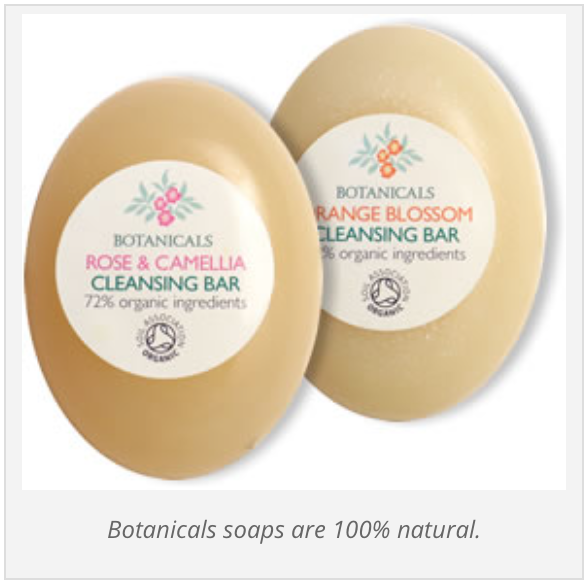Are your hands happy?
17th Sep 2012
The ancient peoples of both Hawaii and Africa share a tradition of hand washing as a purification ritual before a wedding ceremony. And as a prelude the acceptance of inevitable forgiveness that will be required during the course of a marriage!
In the Hawaiian tradition, whenever a significant spiritual passage in life is made, they are called to 'hiuwai'. This transition is honored by a ritual cleansing of their essential spirit in a sacred body of water.Washing our hands
Life as we know it is based on water. Without it, nothing can survive. As different as humans are from one another - or from other forms of life - we all have this in common; we depend on water for our life. I like to think that the cool, cleansing feel of water provides a link to every living creature. It is living water; the water of life.
The most familiar time for the ritual washing of hands is before meals, but there are other traditional times for special hand washing rituals. These include waking up in the morning. In rituals old and new, hand washing separates us from what came before, and prepares us for what's to come; symbolising our becoming conscious of what we do and who we are.
Immersion in water softens our form, making us malleable, dissolving some of the rigidity of who we are. This allows us to decide who we wish to be when we come out of the water. The water changes us neither by washing away something nor by letting something soak into us, but simply by softening us so that we can choose to remold ourselves into a different image.
Hygiene
As a therapist, I energetically wash my hands between clients to disconnect from one person's energy to the next. But very importantly, it's crucial that I follow strict hygeine standards in my treatment room. No matter what line of work you're in, or even in the home, attention to hygiene is an important part of our daily lives. Hand washing plays a huge part in this. You've probably noticed that hand sanitisers suddenly seem to be everywhere. You'll see lots of containers of chemical gunk which we're encouraged to spread over our hands.
As someone who is concerned with the number and range of chemically-suspect lotions and potions advertised these days, I'm always reluctant to accept the marketeers' claims at face-value. 'Catch it, bin it and kill it' shout the TV campaigns and posters, encouraging us not to spread our germs. Fair enough - I have no argument with that very sensible advice.
Natural alternatives to chemical gunk
But with many scientists highlighting the potential dangers of chemicals found in many anti-bacterial sanitisers and hand washes, my view is that we should be looking for more natural and effective alternatives. It is true that washing our hands is a proven way to kill germs, and is recommended by the NHS as one of the key ways of reducing the spread of germs.
But has hand washing become a double-edged sword?
A multi-million pound marketing opportunity
It has certainly created a multi-million pound opportunity for those in the business of selling anti-bacterial soaps and sanitisers; often the preferred choice of anxious consumers. But ironically, due to their chemical content, these can be the very cause of another threat to health; toxic chemicals.
Surely, an equally important reason for regular hand-washing is to help reduce our exposure to toxic chemicals, especially where children are concerned. This has been highlighted by recent reports that children ingest significant amounts of toxic chemicals from their hands.
Hormone-disrupting chemicals such as phthalates are picked up from plastics and vinyls. Toxic flame-retardants from household textiles. And toxic residues remaining on the hands from anti-bacterial hand wash and sanitizers - used supposedly to protect our health.
No better than soap and water
It's a fact that anti-bacterial soaps do kill bacteria and microbes. But a number of studies (*see below) have found that they provide no benefits over plain soap and water. The main reason to avoid anti-bacterial soaps is the active ingredient - triclosan - a toxic chemical found in most liquid hand soaps.
According the Environmental Working Group, triclosan is linked to liver and inhalation toxicity, and even low levels of triclosan may disrupt thyroid function. As a result, it is listed in the Environmental Working Group's 'Top 7 chemicals to avoid'. Furthermore, it has been suggested that triclosan may encourage bacterial resistance to antibiotics.
Triclosan also affects the natural environment. Waste-water filtration does not completely remove the chemical, meaning that it ends up in our rivers and water sources and becomes very toxic to aquatic life. So what about sanitisers? The problem with sanitisers is that they're designed to kill bacteria - not to remove the dirt which toxic chemicals cling to. Washing with soap and water not only kills bacteria, but also removes toxin-laden grime.
Another thing to consider is that all of ingredients in hand sanitisers are left to fully absorb into the skin.
Botanicals safe soap

Knowing what ingredients to avoid is important, but identifying safe alternatives is equally vital.
Botanicals naturally anti-bacterial liquid hand soap is 100% pure, 100% natural, 100% chemical safe and 100% earth-friendly. Certified organic by the Soil Association, it is made with organic sunflower and coconut oils, with a high percentage of pure essential oils - including naturally anti-bacterial tea tree.
It is available in two fragrances - lavender & geranium and mandarin & lemongrass - and is attractively packaged in a re-usable, recyclable bottle. So next time you're washing your hands, what will you be using?
Until next update,
Keep your hands happy (and healthy)
Lisa :) x
